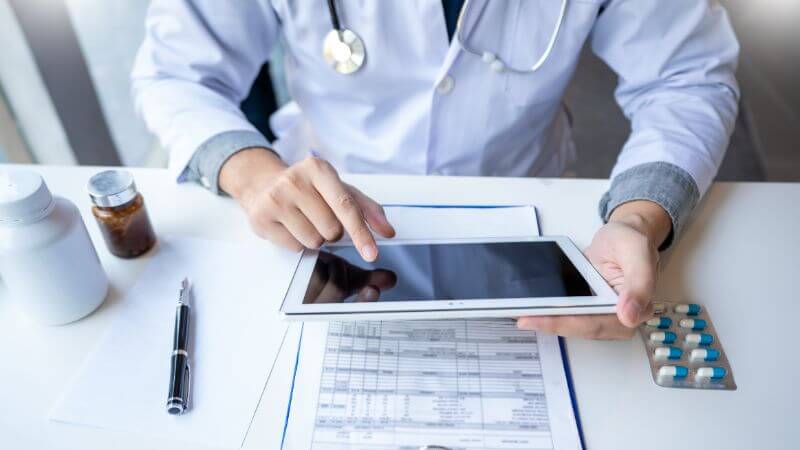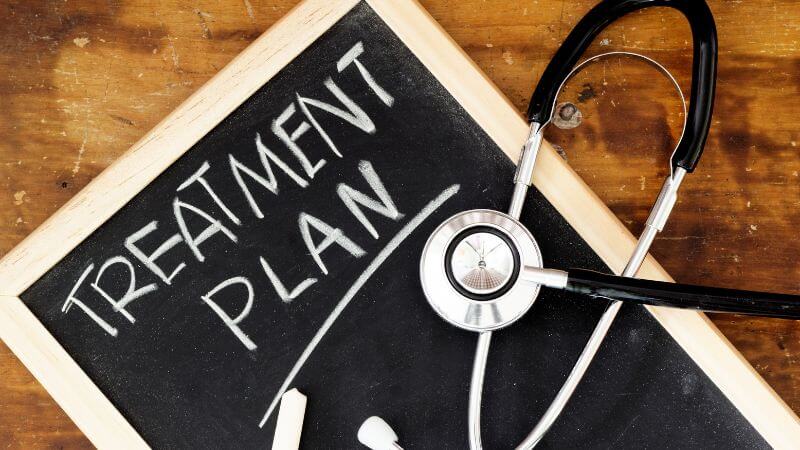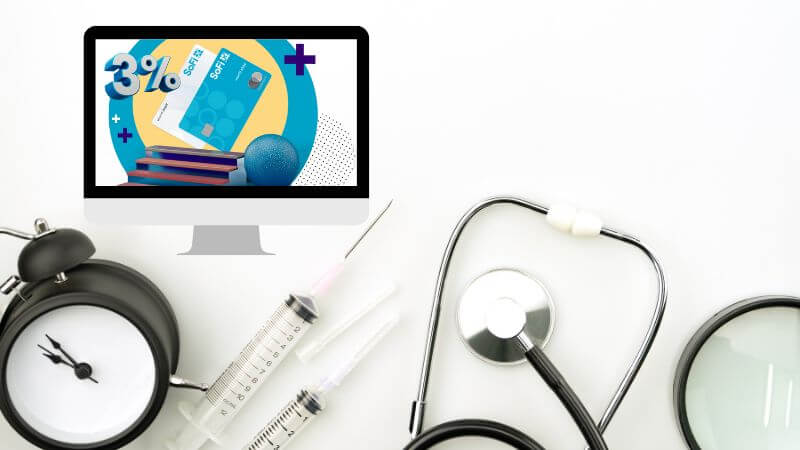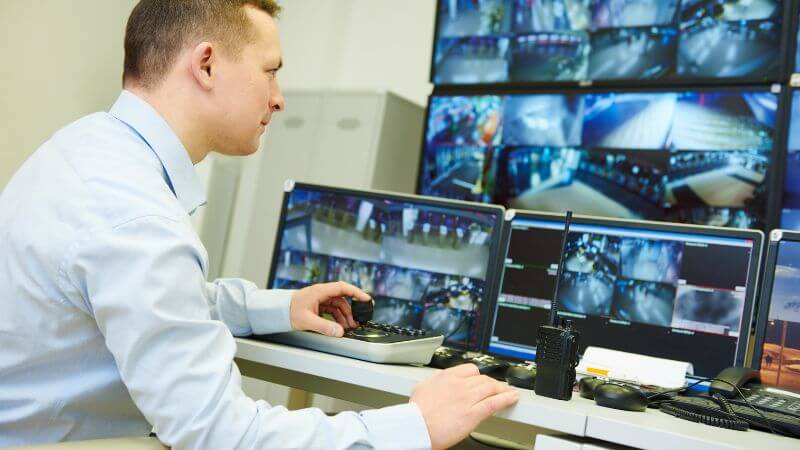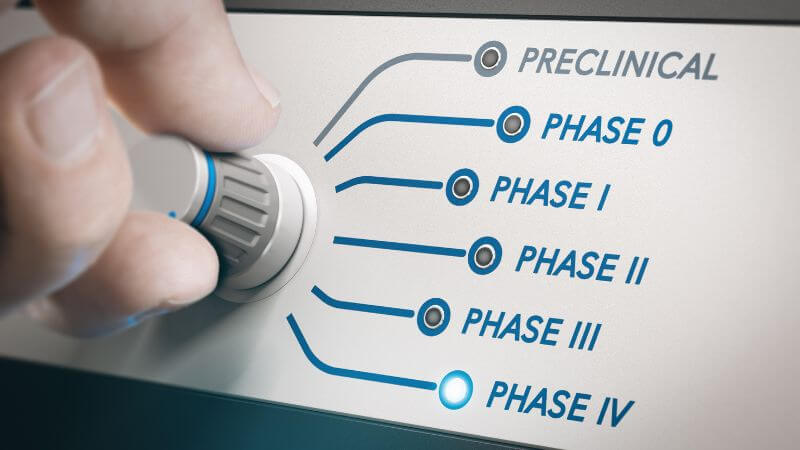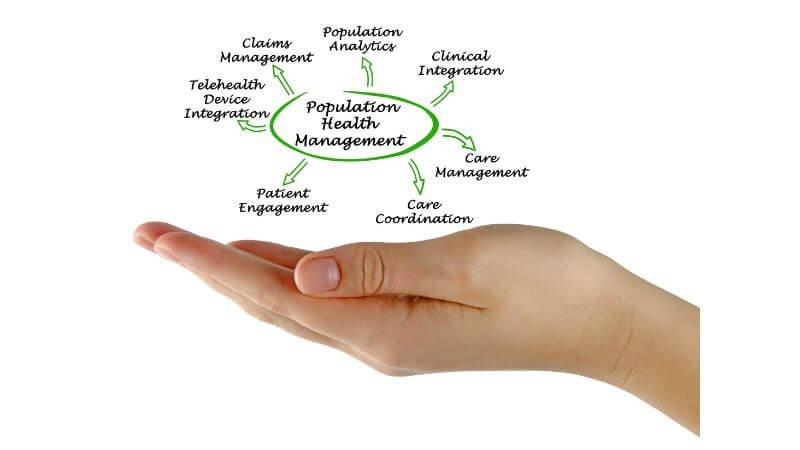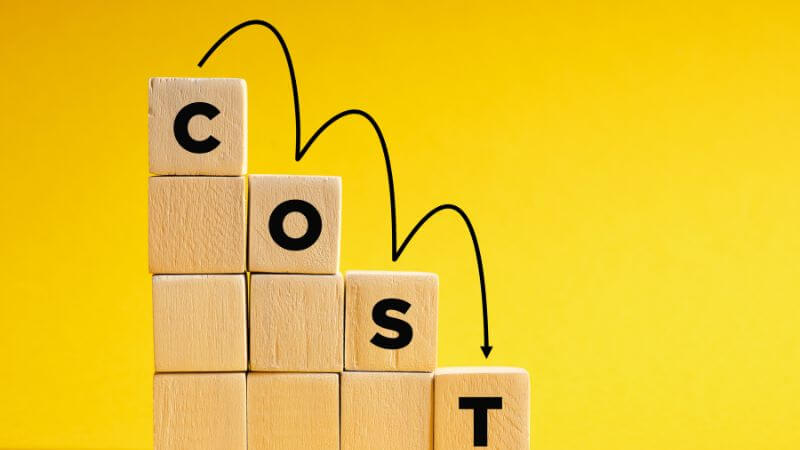Learn about the role of clinical data in personalized care from this blog. From minimizing the guesswork to optimizing the treatments, the list goes on
It is the 21st century! The era we live in is completely the digital era.
And in every sector, we can see the touch of transformation. The same goes for healthcare. Gone are the days of one-size-fits-all medical treatments. In today’s world, we have clinical data in personalized care, where healthcare is tailored according to the needs of the individuals.
Well, this is how it should be!
After all, every person is different from one another, so their treatment should be different as well. This is where the role of clinical data in personalized care takes center stage. You can think of them much like having a personalized roadmap to guide the decisions of healthcare.
1. Treatment Plans
Just like how your fingerprints are unique, so are your treatment plans.
They don’t follow any kind of generic plan but are instead customized using your clinical data. In other words, it contains a complete mix of your medical history, genetic makeup, lifestyle preferences, etc.
For example, this considers whether you are dealing with a rare condition where the traditional treatments have not shown any effective results.
This is where the clinical trial data comes into play!
With the help of these insights, you will be able to find all the missing pieces of the puzzle needed to create an overall picture of your health.
The healthcare team can filter and have a look through this data to find the ultimate experimental treatments/therapies that could do the magic. This, in return, will make your journey much smoother and more effective!
2. Risk Assessment
Risk assessment is like having a health GPS that can help you easily detect any kind of potential health problems depending on your clinical data.
From containing your family history to genetic markers and previous health records, it will have almost everything related to your health.
Using this data, the healthcare team can predict the probability of you developing any type of health condition. For example, say your family tree has about 5 or 6 branches with heart diseases.
So, in that case, it will automatically signal that you might run the risk of developing it at some point.
As a result, upon finding the data, the team will make a personalized assessment plan just for you. This might include regular check-ups, some changes in your list of foods to avoid, daily lifestyle, etc.
The goal is to prepare your body in case there is a storm coming in to attack you. And the more you stay alert, the more it will be good for your body!
3. Optimization of the Medication
Are you suffering from high blood pressure, and your body reacts differently to various kinds of medicines?
Well, in that case, clinical data is here to the rescue! How?
Since your healthcare team will have a complete idea and understanding of your genetic makeup, previous reactions to medications, etc., these things will help them pick the right medications and dosages for your health condition, making it more likely for your body to respond positively.
4. Prediction of the Disease For Clinical Data
Feeling skeptical about this?
Well, it is indeed true!
With the help of clinical data, you will be able to predict diseases. As a result, you can make much more informed decisions about your entire health journey. For example, if your family has a history of diabetes, then your genetic markers will indicate that you run a high risk of having them.
This will help your healthcare provider give you some valuable advice and tips on how to avoid diabetes or how to keep it under complete control.
5. Genetic Insights
Our genes contain all kinds of secrets to our health, and developing an insight regarding them is like having the roadmap to our overall health conditions.
From knowing how our body works to how they will react to various factors, they literally contain everything.
Thus, they can provide you with targeted and more precise medicine or lifestyle habits, depending on your condition. Ultimately, this helps avoid the whole frustrating trial-and-error method.
6. Remote Monitoring
Remote monitoring is like having a dedicated health partner who takes care of you 24/7 without taking any breaks. They involve the usage of various kinds of smart devices and technology to keep a close eye on the overall health condition of the patient from afar.
Plus, in case you are suffering from a chronic health condition or might be in the recovery phase from surgery, these smart gadgets can track crucial vital signs like heartbeat, blood pressure, and oxygen levels in no time.
As a result, doctors can easily understand the health condition of the patient and thus make informed decisions based on your situation. And if they find anything suspicious, they will act swiftly so that it gets treated before taking a worse turn.
7. Treatment Response Tracking For Clinical Data
Suppose you are undergoing treatment, be it for cancer, diabetes, or any other health condition, it is pretty normal that you would like to know if it is working properly or not, right?
This is where the treatment response tracking comes in!
With the help of the clinical data, the doctors can determine how your body is responding to the treatment. For example, they will have a go-through on biomarker levels, imaging results, symptom changes, etc.
The most fascinating thing about this treatment response tracking is that it allows for the correction of the course. That is, if the treatment doesn’t work as expected, then the doctor can change and adjust things based on your body’s demands.
8. Clinical Trials Matching
Clinical trial matching plays one of the most significant roles when it comes to finding the right medications. From analyzing your medical history to the genetic makeup and other health conditions, this trial matching offers one the best chances of recovery or improved health.
This, in return, saves tons of time and makes sure the patient receives the most suitable treatment, accelerating the entire medical research. It works like a ray of light in the world of darkness, especially for those who are suffering from rare diseases or complex health problems.
9. Population Health Management For Clinical Data
Can you imagine a world where your doctor can detect and prevent health issues before they can even knock on your door?
Well, it may seem totally impossible. But, in reality, population health management can make it come true.
And now, with access to clinical data from thousands of patients, they can identify various kinds of patterns, trends, and risk factors at a super-lightening speed. Meaning, they can actively reach out to you with more personalized advice and preventive measures.
And it is not just about you; it is also about the entire population!
So, if you are living in an area where there is a high prevalence of diabetes, then your doctor may adopt a different method to keep you healthy in comparison to someone residing in a low-risk zone.
10. Cost Optimization
Lastly, clinical data can also help identify various kinds of inefficiencies in the healthcare system. With their help, the hospital can detect unnecessary tests and processes, eventually saving both time and money. And on top of that, you can have peace of mind.
Moreover, the health insurers can also benefit from this act as well. From detecting high-risk patients to providing them with the ultimate preventive care, they can lessen the costly emergency visits to a great extent.
Therefore, the ultimate goal is to make sure that healthcare is more accessible and efficient, where quality care is not about who is spending more, but instead, it should be everyone’s right!
Wrapping Up On Roles of Clinical Data in Personalized Care!
Clinical data in personalized care is like a ray of hope and progress in the future of healthcare. After all, no two people are the same.
As a result, when you know the problem of a person and make a decision accordingly, then ultimately, you can expect a more effective result.
Say farewell to the generic treatments and hello to a more precise, better, and patient-centric method.
Happy living, people!
Tinydale is on YouTube, Click here to subscribe for the latest videos and updates.
Follow Us: Facebook | Instagram | Twitter | Youtube | Pinterest
Disclaimer: This is not medical advice. It is always advised to take the help of a medical professional if you have any health concerns. This is just for informational purposes only.

